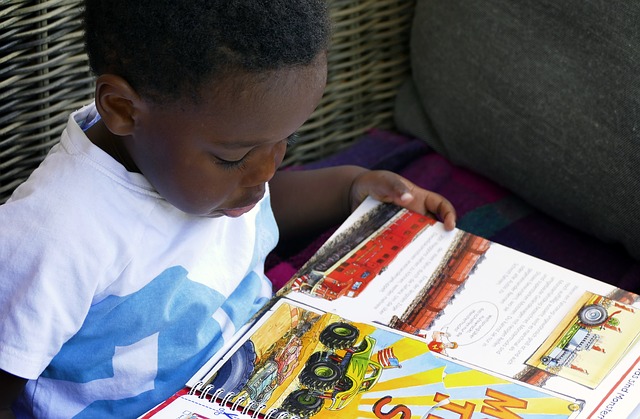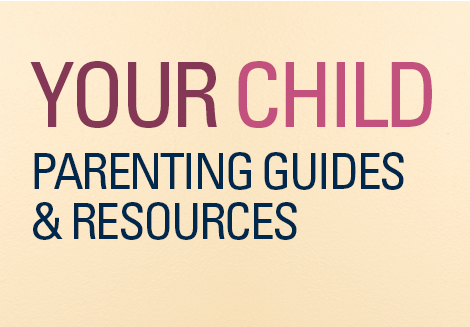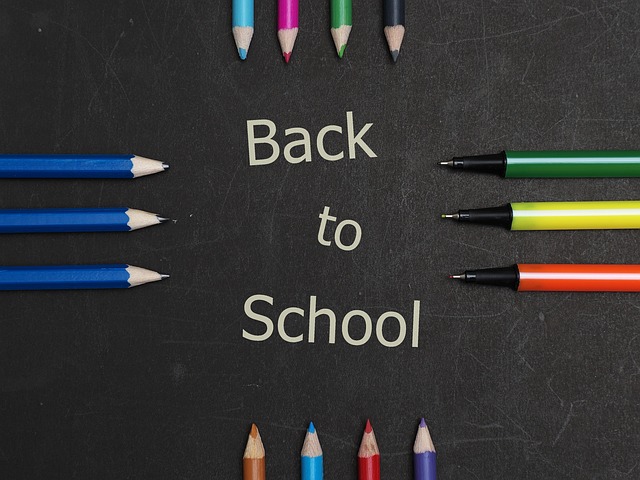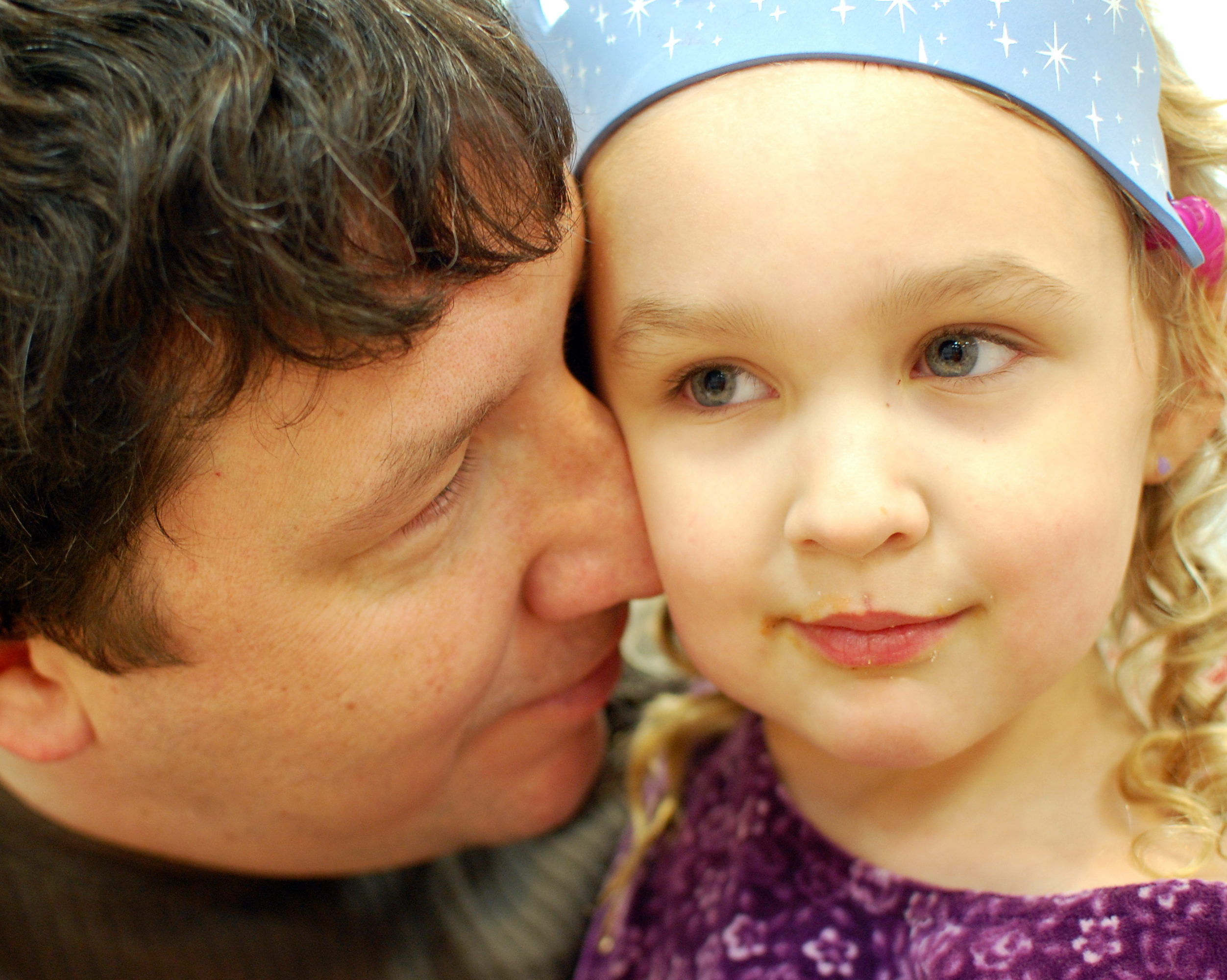Lawnmower Parents Are the New Helicopter Parents & We Are Not Here for It
 Lawnmower parents go to whatever lengths necessary to prevent their child from having to face adversity, struggle, or failure.
Lawnmower parents go to whatever lengths necessary to prevent their child from having to face adversity, struggle, or failure.
Instead of preparing children for challenges, they mow obstacles down so kids won’t experience them in the first place. Read more ›


 Learning begins in the womb. And, from the moment they are born, children begin interacting with the world around them and building critical skills. What they learn in their first few years of life—and how they learn it—can have long-lasting effects on their health and on their later success in school and in work.
Learning begins in the womb. And, from the moment they are born, children begin interacting with the world around them and building critical skills. What they learn in their first few years of life—and how they learn it—can have long-lasting effects on their health and on their later success in school and in work.
 Is your baby meeting the typical developmental milestones? Do you have questions about your preschooler’s behavior and development?
Is your baby meeting the typical developmental milestones? Do you have questions about your preschooler’s behavior and development? 
 With the new school year upon us, parents will be attending a back-to-school night at their child’s school. Many ask us, “What questions should I be asking?” Here are seven you might explore with your child’s teachers and principal.
With the new school year upon us, parents will be attending a back-to-school night at their child’s school. Many ask us, “What questions should I be asking?” Here are seven you might explore with your child’s teachers and principal. 


 Parents can’t be 100 percent certain that their child is ready for university life, but 30 years as a psychologist have taught me what to look for. The key indicator that an individual is ready to begin this transition is the emergence of a new level of
Parents can’t be 100 percent certain that their child is ready for university life, but 30 years as a psychologist have taught me what to look for. The key indicator that an individual is ready to begin this transition is the emergence of a new level of 
 Children with a fixed mindset believe that intelligence is fixed at birth and doesn’t change or changes very little with practice. These students see school as a place where their abilities are evaluated, they focus on looking smart over learning, and they interpret mistakes are a sign that they lack talent. Children with a growth mindset believe that intelligence can be developed. These students see school as a place to develop their abilities and think of challenges as opportunities to grow.
Children with a fixed mindset believe that intelligence is fixed at birth and doesn’t change or changes very little with practice. These students see school as a place where their abilities are evaluated, they focus on looking smart over learning, and they interpret mistakes are a sign that they lack talent. Children with a growth mindset believe that intelligence can be developed. These students see school as a place to develop their abilities and think of challenges as opportunities to grow.

